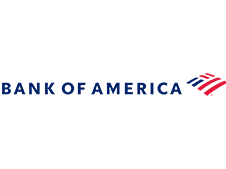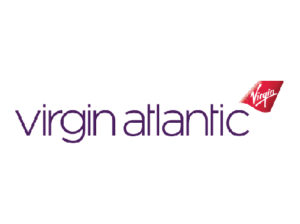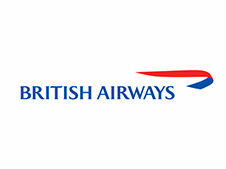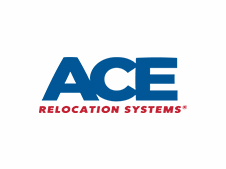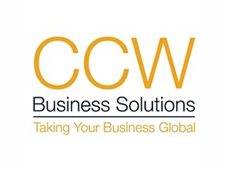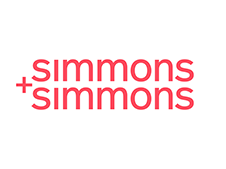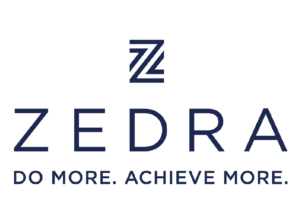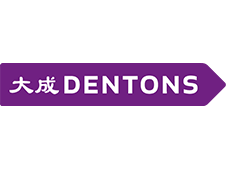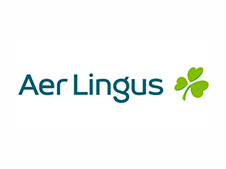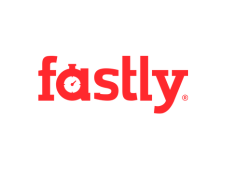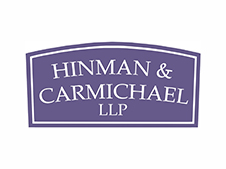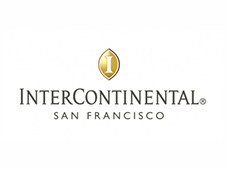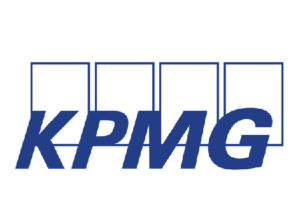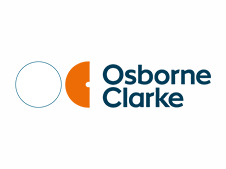
Economic Institute Friends and Partners:
Last month the House passed the America COMPETES Act, which increases the federal government’s investment in scientific research and contains a range of other measures to enhance U.S. technological competitiveness. The House bill parallels a similar Senate bill, USICA (the United States Innovation and Competition Act), passed in 2021. While the bills share many features there are also significant differences, which will be addressed this Spring in a House-Senate conference. The Bay Area Science and Innovation Consortium (BASIC), the science affiliate of the Bay Area Council and the Bay Area Council Economic Institute, has strongly endorsed the objectives of both bills. The best way to ensure continued U.S. technological leadership is to strengthen our investment in science and innovation, and both bills make important commitments in this direction.
One important provision that COMPETES and USICA share in common is a commitment of $52 billion to strengthen the U.S. capacity for semiconductor research and manufacturing. With semiconductors embedded in a growing range of technology products we believe that it is important for the U.S. to have strong capabilities in both design and manufacturing, and have specifically endorsed this provision.
One topic that is addressed in COMPETES but not in USICA concerns skilled immigration. Specifically, America COMPETES would authorize the creation of an entrepreneur visa to enable startup founders in STEM fields to grow their companies in the United States under specified conditions. It would also exempt holders of PhD degrees in STEM fields received from qualified U.S. institutions or their equivalents overseas from numerical limits on green cards.
The entrepreneur visa is particularly important to the San Francisco Bay Area, which the leading center for startup activity in the United States and the world. Nearly half of technology startups in the region have been launched by founders who came from other countries. Many have grown to become multi-billion-dollar enterprises that spur innovation in an array of sectors and support tens of thousands jobs in California and across the United States. Immigrant-founded companies in the Bay Area include Google, Uber, Facebook, Tesla, Palantir, Stripe, Slack, Zoom, Instacart, Houzz, Credit Karma, Robinhood, Eventbrite, Cloudflare, Zoox, Gusto, Hippo, SentinelOne and Palo Alto Networks. These and many other companies founded by immigrant entrepreneurs make important contributions to California’s economy, the nation’s economy, and to U.S. competitiveness. With other nations competing for technology talent, it is increasingly important that the U.S. not turn away qualified founders who could grow their companies here.
Likewise, advanced degree holders from other countries, and particularly those who graduate from U.S. institutions, have made immeasurable contributions to our nation’s capacity in science, to technology innovation, and to U.S. competitiveness. Sending home PhD STEM graduates who want to invest their skills and talent here is harmfully short-sighted in a globally competitive economy. It is in our interest to welcome those advanced degree holders who wish to come and contribute to our economy.
BASIC has advocated for these provisions for more than a decade. Past proposals to support skilled immigration have faced an uphill battle in Congress, as the debate on undocumented immigration has impeded progress on any form of immigration reform. The America COMPETES Act offers the best opportunity in many years to advance this important goal and ensure that the United States continues to attract the world’s best technology and innovation talent. It is important that these provisions be supported and accepted in the final bill that is approved by the pending House-Senate conference.

